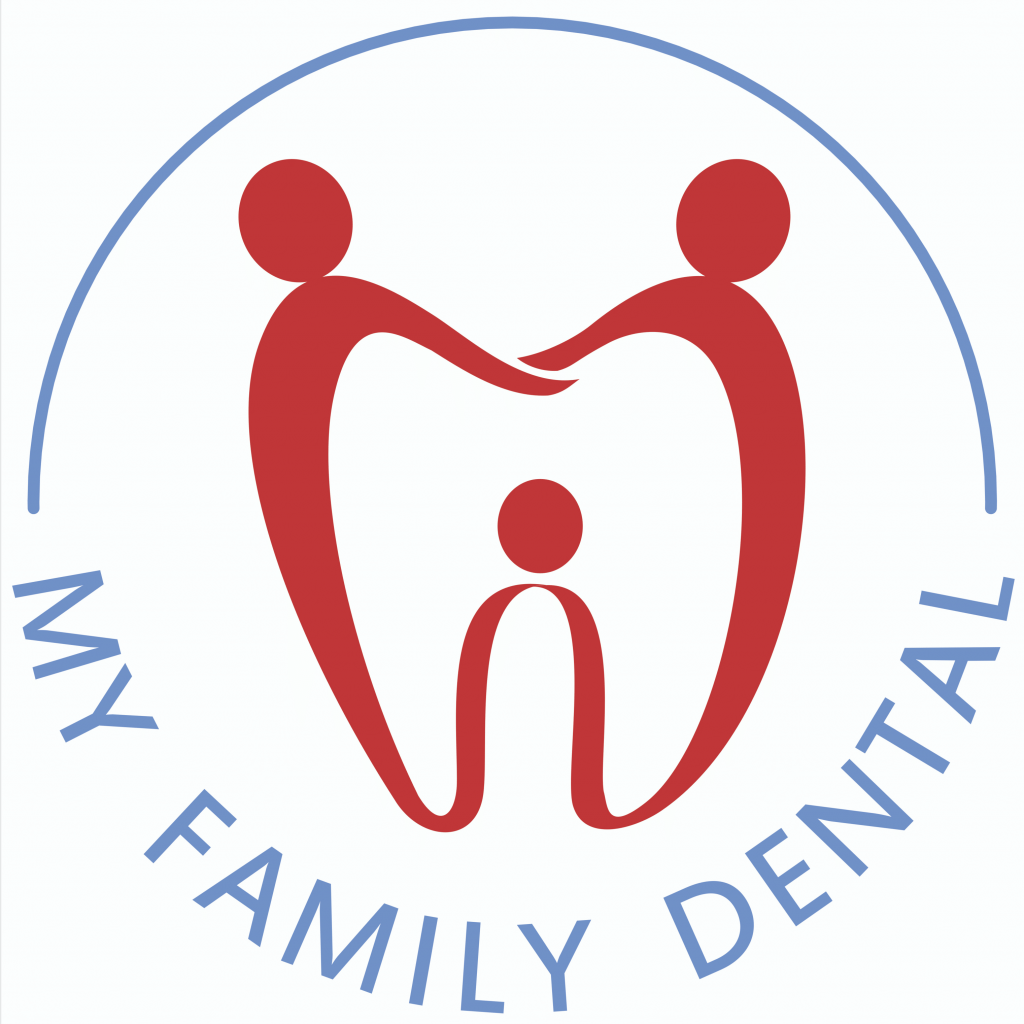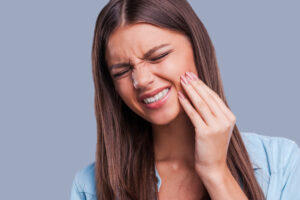From injuries and rough sports to biting something hard, there can be several causes of a dental emergency. Most dental emergencies occur at unpredictable times and places. But they’re more common than you think.
A dental emergency is any problem involving your mouth that needs immediate attention and treatment, whether to stop bleeding, alleviate severe pain, or save the damaged tooth. Most common dental emergencies include trauma to the facial bone, extreme pain, and other injuries.
Although prevention is the best way to preserve oral health, it’s essential to know what to do when an emergency strikes. If you have a dental emergency, you need professional assistance as soon as possible.
5 Common Dental Emergencies
Here is a list of the most common dental emergencies and how to deal with each one of those emergencies:
- Broken/ Knocked Out Tooth
You can break or knock out your tooth in many possible situations. You might experience a rough injury, fall down the stairs, or have any other minor accident resulting in a broken or knocked-out tooth.
But no matter the reason, a broken or knocked tooth can be painful. If you experience this dental emergency, try to reach your dentist within half an hour to reattach the tooth.
- Toothache
Toothache is also included in the list of most common dental emergencies as it can be a symptom of more significant dental problems such as tooth decay, especially if you’re experiencing severe pain. Sometimes, you may be able to manage the toothache on your own.
But if you notice swelling and extreme pain, you must visit your dentist as soon as possible. You should avoid taking painkillers like aspirin as they burn the affected gum tissue and opt for a cold compress outside your cheek.
- Chipped or Cracked Tooth
When chewing or biting on complex objects, your teeth can chip and crack. These are the most common in people who have a habit of grinding their teeth. Or it could also happen if you use your teeth for anything other than chewing food.
If you have a chipped or smashed tooth, rinse the tooth fragments, preserve them in a glass of water or milk, and visit your emergency dentist.
- Lost Filling or Crown
If you got crowns or fillings, you need to be extra careful. On the other hand, if your dental crown or filling appears to be lost or broken, you must get it treated immediately to prevent further damage. If you don’t seek medical attention, you can get an infection.
While you’re waiting for emergency dental care, you can stick a piece of sugar-free gum into the cavity as a temporary fix. But if you have a broken crown, don’t try to fix it yourself.
- Soft Tissue Injuries
The punctures, lacerations, and tears to the soft tissues in lips, tongue, gums, and the inside of the cheeks are called soft tissue injuries. These kinds of dental emergencies often involve severe bleeding.
You can begin by rinsing out the mouth with warm water and gently applying pressure on the wound to stop bleeding until you reach your dentist.
Contact My Family Dentist for Dental Emergencies
If you have a dental emergency, the first thing to remember is not to panic. Call someone to give you the necessary first aid. But it’s best if you don’t take matters into your own hands. Why? Dental emergencies need prompt, professional attention and treatment.
At My Family Dentist, we can provide you with the help and treatment you need in case of dental emergencies, from fractured teeth to severe toothache and bleeding gums.
My Family Dental has dental clinics in Emerald, Bowen, Innisfail, Townsville, Ingham, and Bohle Plains for your convenience.



